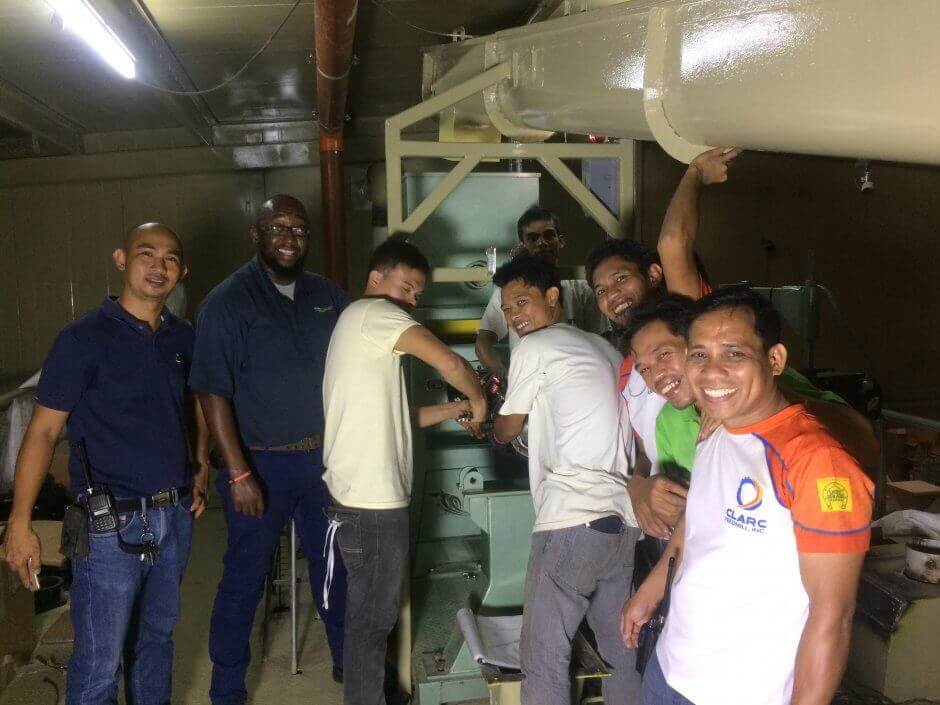Perfect is the enemy of good

On a daily basis, we hear about people’s desires to create processing plants. These can be for food or feed and are always delivered with the best of intentions. There is true passion behind these projects and the motivation to see these through is high. The problem is that most never see the light of day. Why is this? One that keeps projects from progressing onward is getting too caught up with the details. While it’s important to consider these, focusing on these too much can stop progress and keep you from moving forward. On the other hand, not thinking through enough of the details will cause unexpected surprises down the road which could be costly, both financially and progress-wise. Striking a balance between these two will allow your project to move forward.
Paralysis of analysis
The urge to figure out all details prior to progressing to the next stage a project is not uncommon. The better you can plan ahead, the better you will be able to handle issues that will truly be roadblocks later on in the project. Perhaps this is determining where you will get your power from or the flow of truck traffic to/from your building. You can take this too far, however. Analyzing every “what-if” scenario can be never-ending, and soon, your progress halts due to a never-ending cycle of agonizing over the details. It’s key to determine what things are important, and what things can be figured out later to keep a project moving forward.
On the flipside, there are those people that do not emphasize the details enough and just want to “get it done”. As you can imagine, having this attitude is asking for unforeseen trouble. These decisions tend to be made with gut instinct as opposed to true research. We hear a lot about people wanting to produce certain feed or food products, but when asked about the potential market in their area, there are no answers. Having the attitude of “figuring it out later” can be even worse than fretting over the details. A common one we hear about is raw material availability. Where is it coming from? How much can your supplier provide you? What if they cannot ship on time? Even worse is when we are commissioning a plant only to find out we do not have enough material to run the process.
During a project, or almost anything for that matter, it seems a large portion of the work is done with fairly minimal effort. On the flip side, the last little details can seem to take up a lot of resources. This idea is known as the Pareto Principle, commonly referred to as the 80/20 rule. It can be applied to almost anything, both in work and in life. How often do we seem to get caught up in the details? Do you know anyone like this?
Focus on and prioritize the 80 percent, those things that will move the needle. This will vary throughout a project and should be reevaluated as things progress. As an example, it’s important to know the rough idea of total plant horsepower to start as opposed to the exact details of each piece of equipment when discussing with an electric company. As things move forward, yes, you will likely have to figure out these details, but this comes through refinement, not figuring them out from the start. It’s about working smarter, not harder, and finding a balance.
Just do it
Details matter. It’s the timing of those details that can promote or stall progress, however. Will it be perfect? Probably not. Does that mean you shouldn’t try? Absolutely not. Focus on those things that truly matter and you will continue to move forward.



